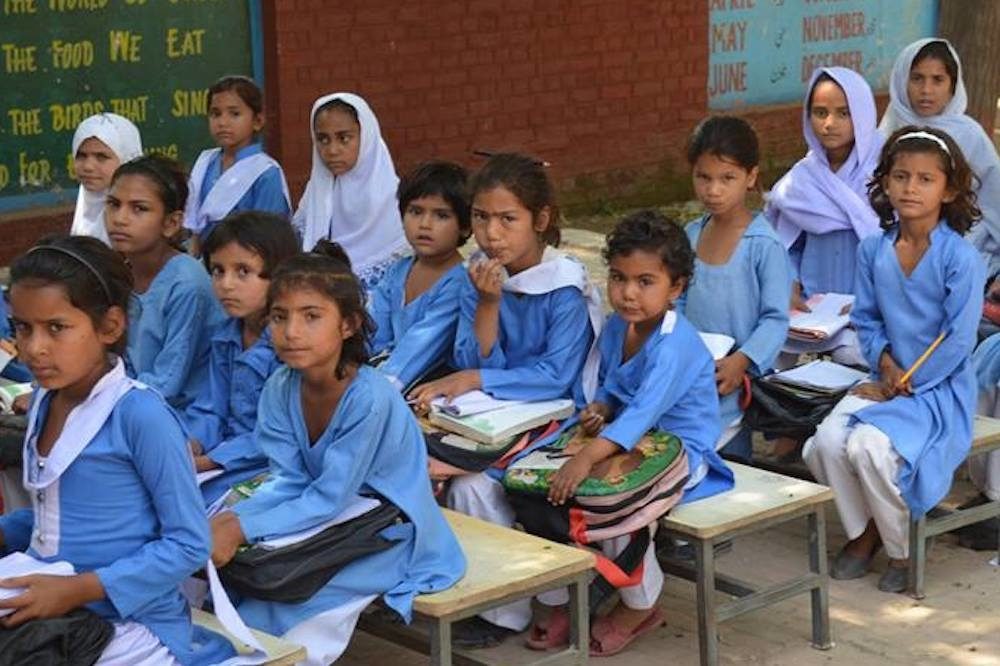
Pakistan’s educational system and curricula have been criticized by historians and educators as being far from reality, creating a manufactured history, and suppressing any ideas that do not align with what is taught under Pakistan Studies curriculum. Professors, academics and authors have always been targeted by the deep state to prevent their views and ideas from being circulated.
Just recently, the Punjab Curriculum and Textbook Board (PCTB) banned 100 textbooks because they were “found to be “against” the two nation theory, or deemed “unethical and illegal”. PCTB Managing Director Rai Manzoor Nasir addressing a press conference here said these books were being taught in renowned private educational institutions. He said around 10,000 books were recovered from these institutes and they were also further investigating the matter. He said as many as 30 committees had been constituted for inspection of around 10,000 books recovered from these institutes, including those published by Oxford, Cambridge, Link International Pakistan, Paragon Books and 31 other publishers.”
According to Mr Nasir “some of the books had not printed even the correct date of birth of founder of Pakistan Quaid-e-Azam Muhammad Ali Jinnah and national poet Allama Muhammad Iqbal, while some others contained “blasphemous material” against some religious personalities and wrong maps of Pakistan. Similarly, there were 36 districts of Punjab, but some of these books were still mentioning 35 districts of the province, he regretted. He said the government won’t tolerate this type of material being taught to Pakistani children and would ban such books. “We will conduct complete inspection of these books within six months and will not allow these books and material against Islam and Pakistan [to be taught],” he said.”
At a time when the way forward for any economy is to have a better educated populace, it appears that Pakistan’s elite still wants to fight the battles of old.
The Human Rights Commission of Pakistan (HRCP) issued a statement that it was “appalled at recent developments that are set to further whittle down space for freedom of intellectual thought, enquiry and expression. The most concerning of these is the Punjab Tahafuzz-e-Bunyaad-e-Islam Act 2020, which restricts the publication of books (among other materials) that are deemed immoral, blasphemous, or anti-state. Given that Section 505(2) of the Pakistan Penal Code and Section 8 of the Anti-Terrorism Act already penalize racial and sectarian hate speech, the intention underlying this new legislation is akin to the antiquated practice of ‘book-burning’. To give the government’s Directorate General Public Relations the power to decide what constitutes ‘objectionable material’ on behalf of all citizens is unacceptable. There is also ample reason to expect that Section 3(f) of the new Act will be used to target religious minorities and sects.”
The HRCP noted with concern “that the Punjab Curriculum and Textbook Board has begun what it terms ‘a critical review’ of 10,000 books taught by private schools across the province, and already banned 100 books on ludicrous grounds. Not one of the reasons given by the Board’s managing director at a press conference qualifies as rational grounds to censor content, penalize publishers, and prevent critical thinking. HRCP is gravely concerned that such measures herald yet tighter restrictions not only on freedom of expression, but also freedom of thought, conscience, and religion. The Commission urges the Punjab government to heed its concerns and roll back such measures before they backfire.”
![]()





